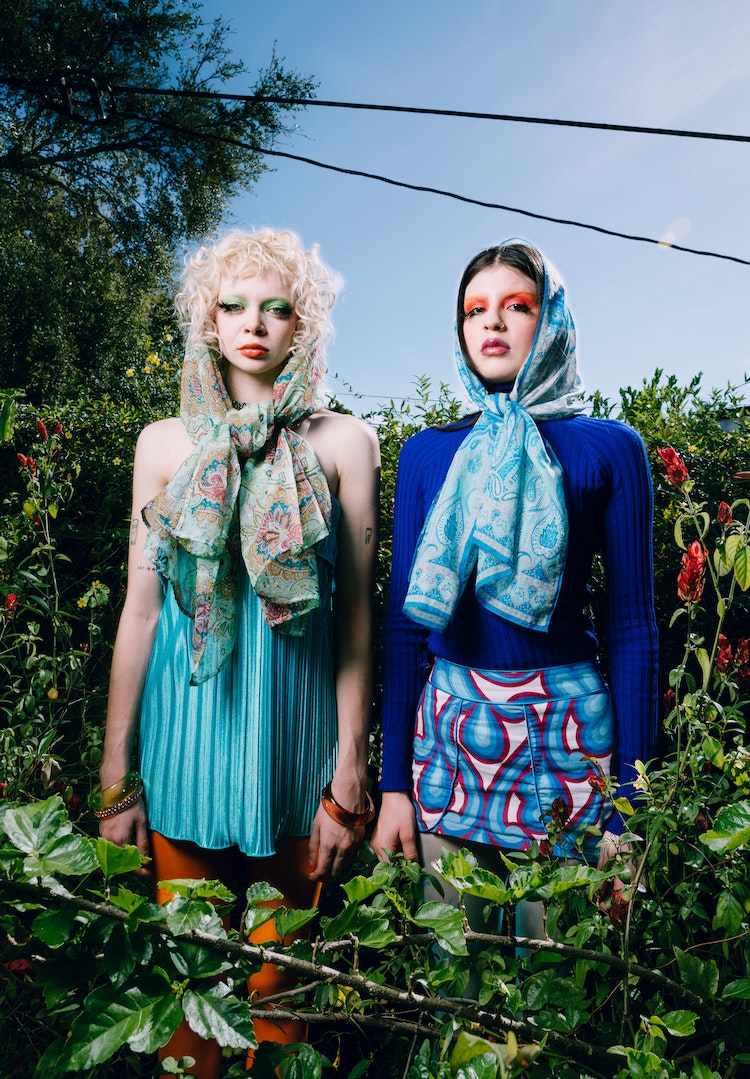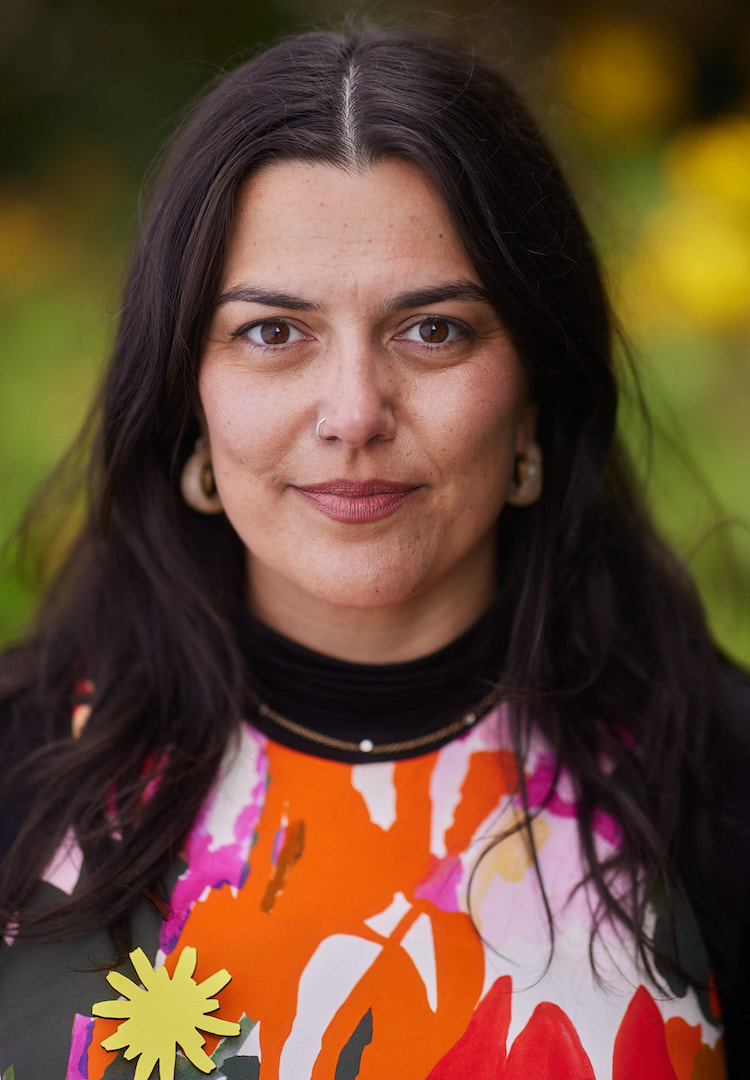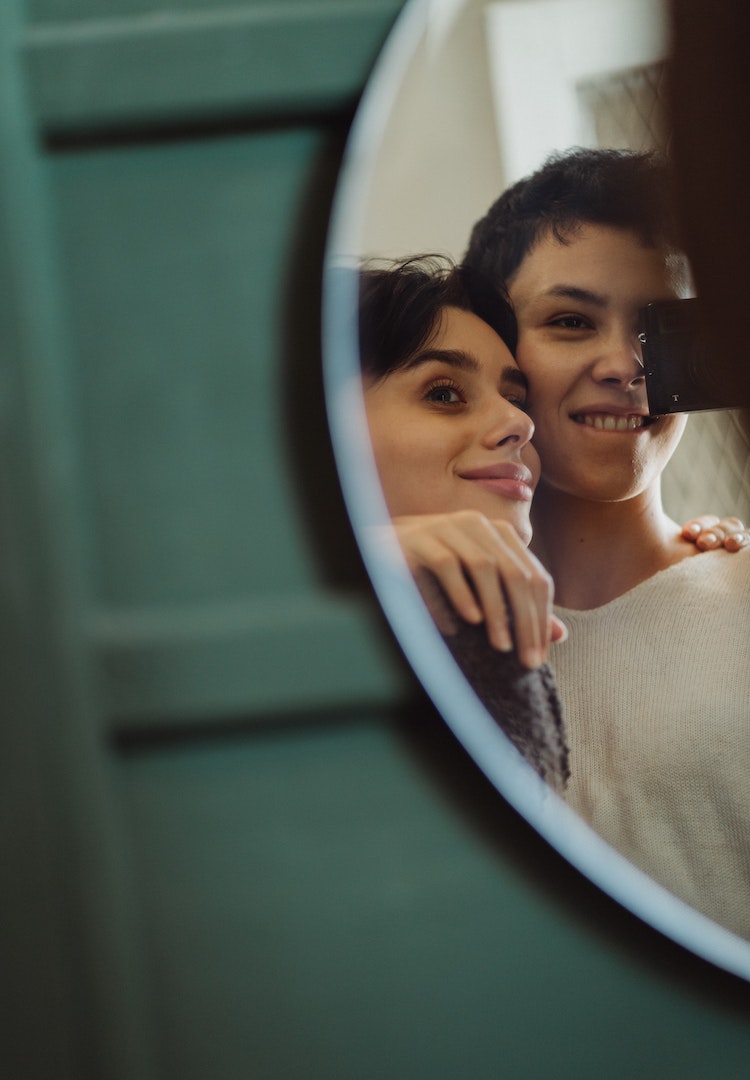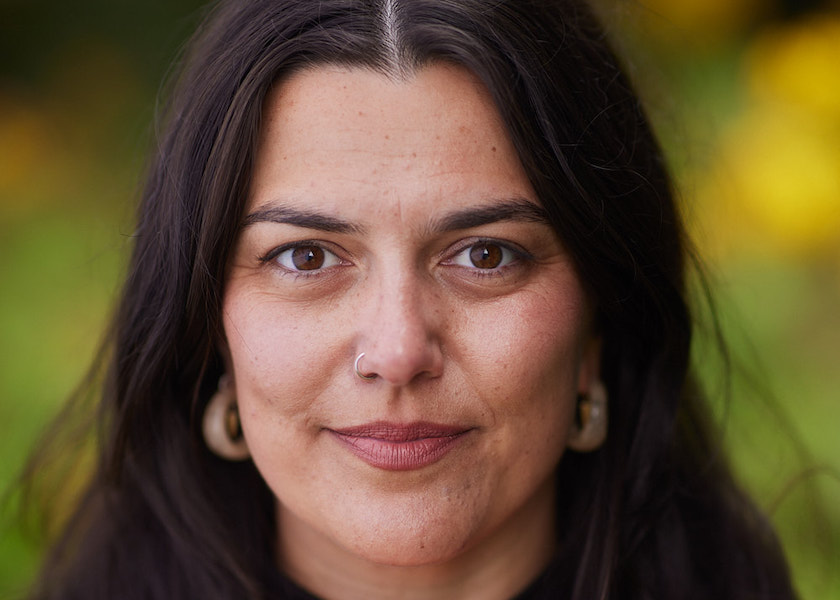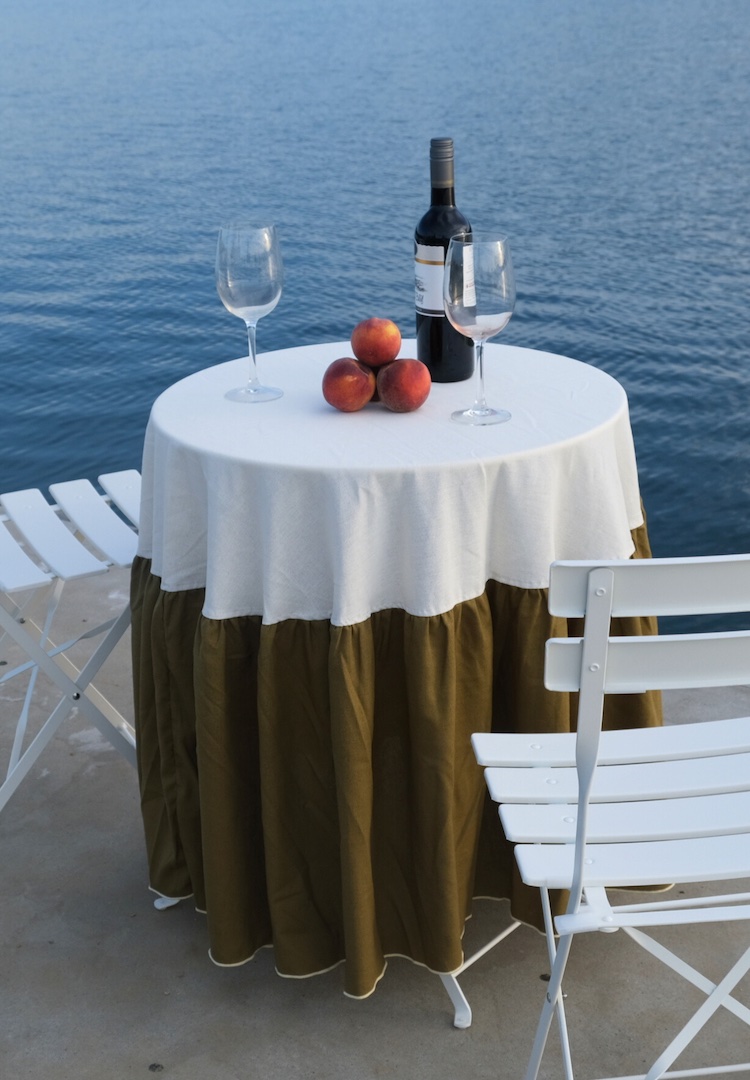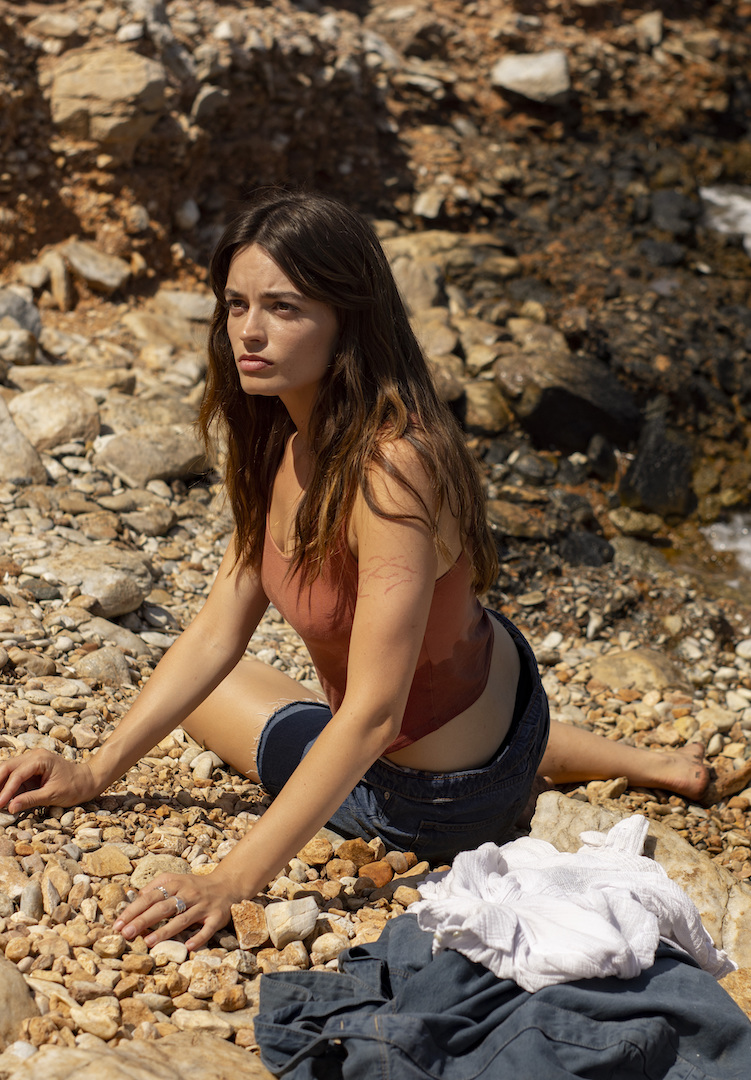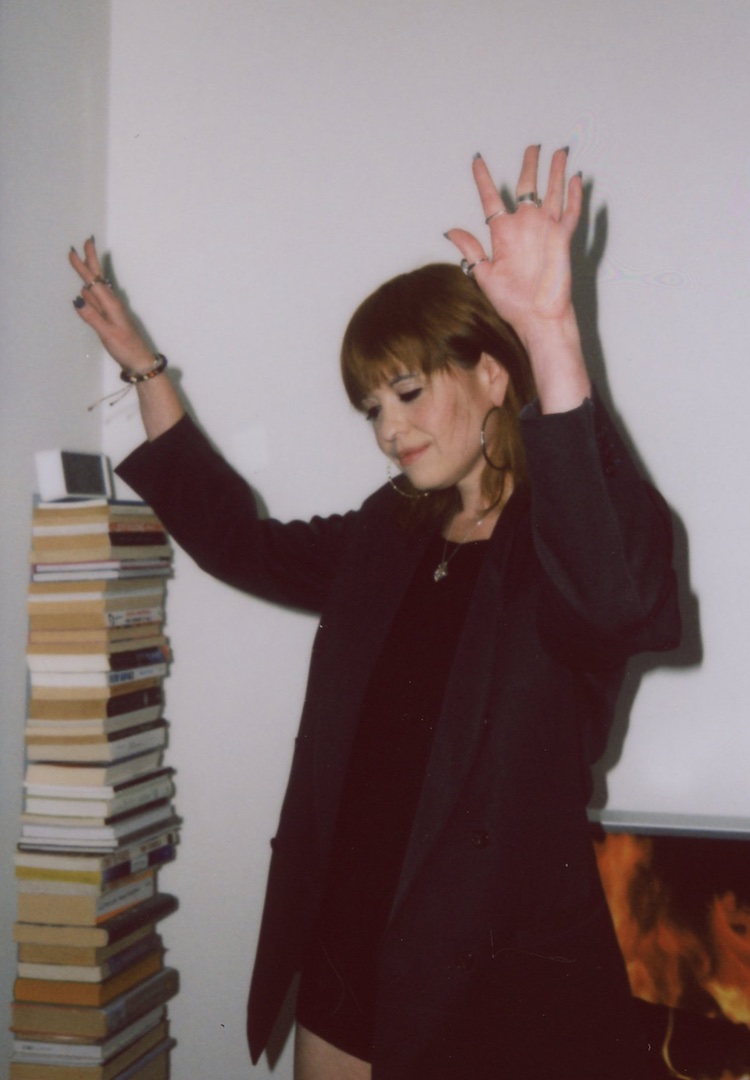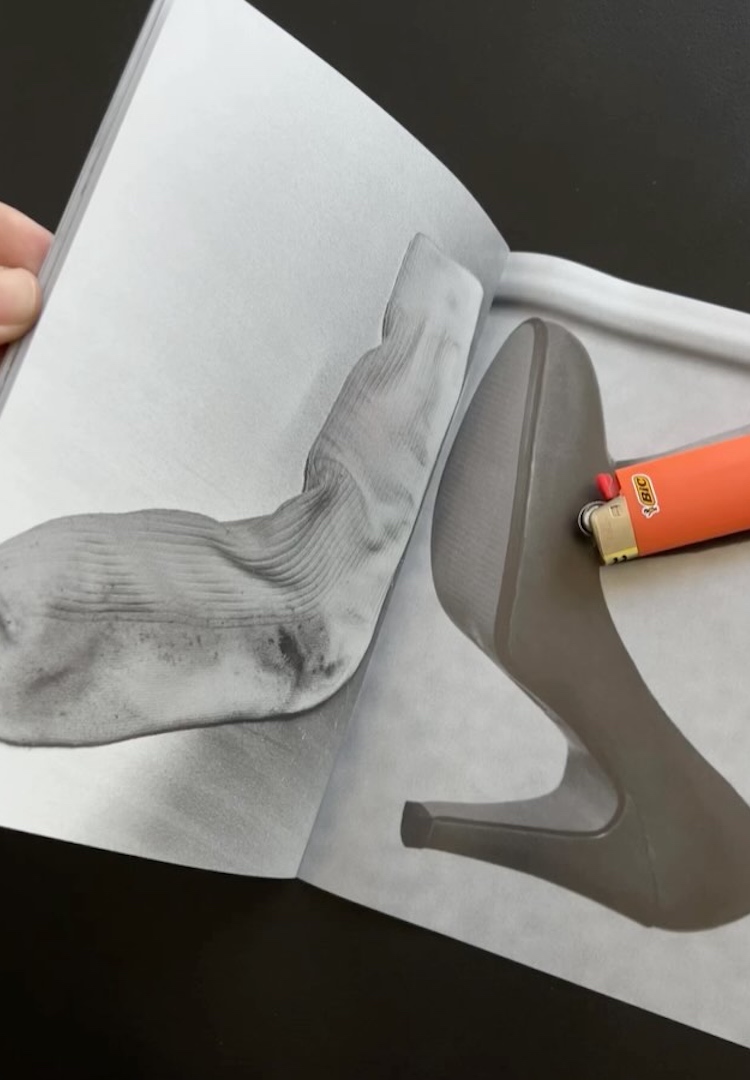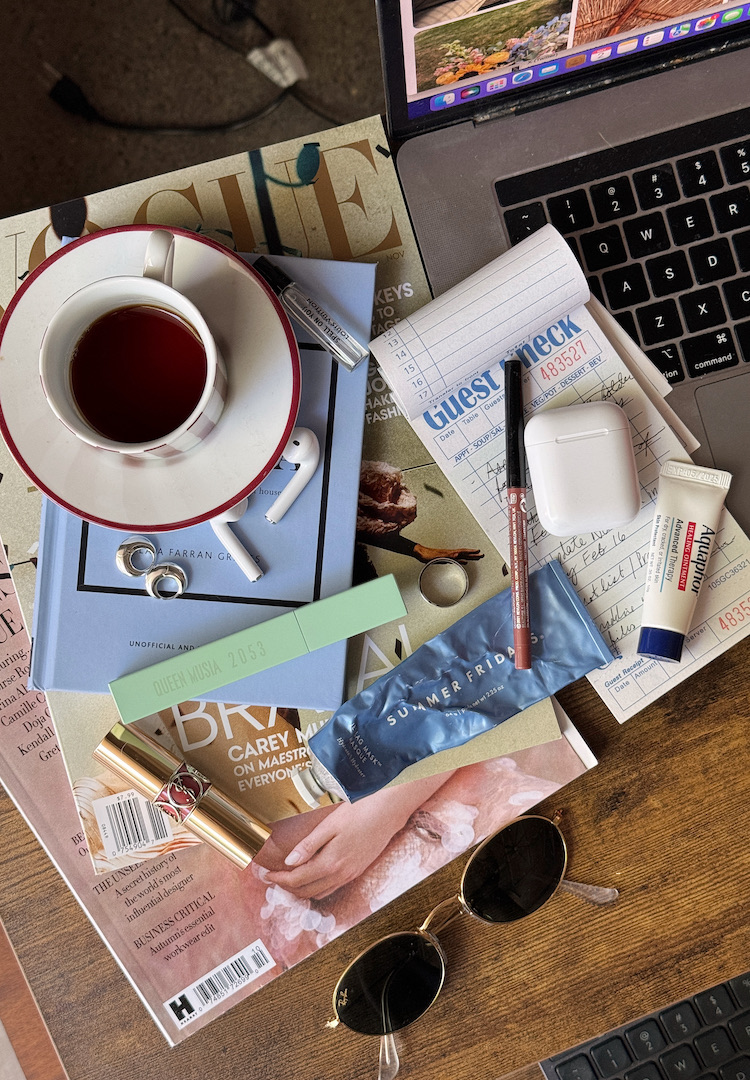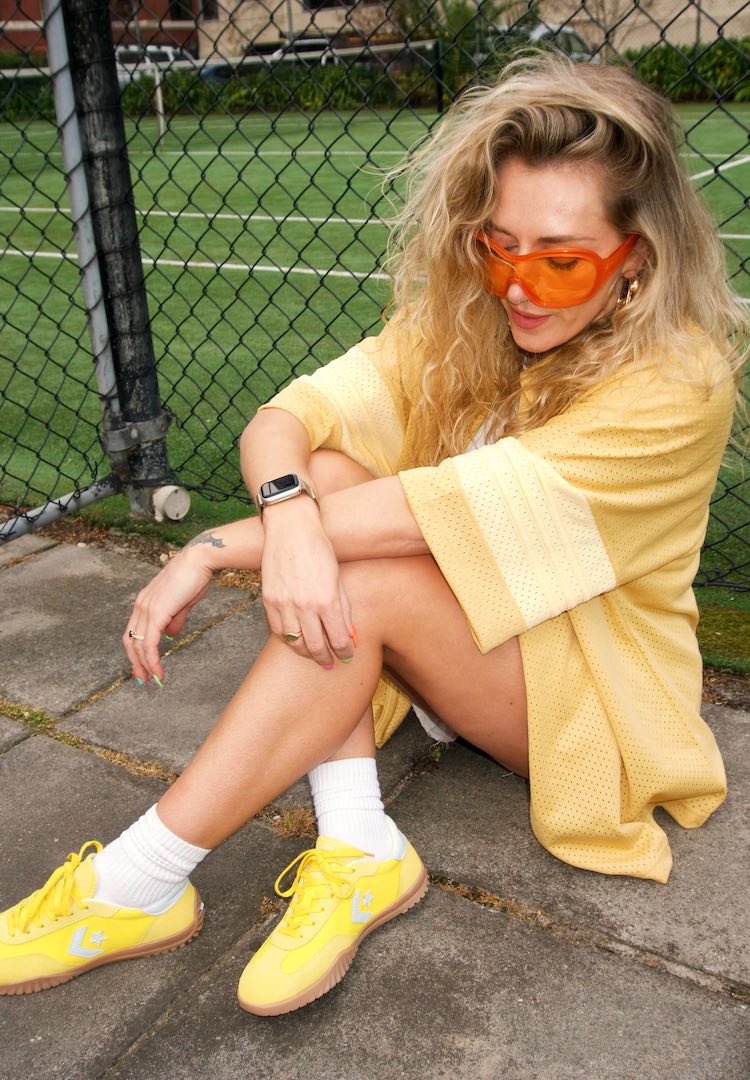How I Got Here: The Wheeler Centre’s Head of Programming on the hidden “emotional care” of her job
PHOTOGRAPHY BY BRETT WALKER
WORDS BY MAGGIE ZHOU AND CAIT EMMA BURKE
“There’s so much evidence to show that access to arts and culture is crucial for our mental wellbeing, and I wish this was more widely recognised and valued in our society.”
Have you ever stalked someone on LinkedIn and wondered how on earth they managed to land that wildly impressive job? While the internet and social media might have us believe that our ideal job is a mere pipe dream, the individuals who have these jobs were, believe it or not, in the same position once, fantasising over someone else’s seemingly unattainable job.
But behind the awe-inspiring titles and the fancy work events lies a heck of a lot of hard work. So what lessons have been learnt and what skills have proved invaluable in getting them from daydreaming about success to actually being at the top of their industry?
Looking for a new 9 to 5? Head to our Careers page for new listings daily.
Welcome to How I Got Here, where we talk to women who are killing it in their respective fields about how they landed their awe-inspiring jobs, exploring the peaks and pits, the failures and the wins, and most importantly the knowledge, advice and practical tips they’ve gleaned along the way.
Veronica Sullivan‘s made a living curating experiences around “interesting people who have stories to tell”. Since 2018, she’s been part of the Wheeler Centre’s programming team. Apart from the very nice perk of receiving free books, Veronica’s six years at the Wheeler Centre, Australia’s first dedicated centre for books, writing and ideas, have allowed her to experience innumerable pinch-me moments.
Working with some of the world’s most interesting thinkers and writers, Veronica points to the importance of preventing burnout through designated rest and play times, and the surprising need for “emotional care” in her field of work. Here, she details the various roles she’s previously taken up in the literary world and provides her best career advice for those interested in programming, events and writing.
What do you do and what’s your official job title?
I’m the Head of Programming at the Wheeler Centre, Melbourne’s home for books, writing and ideas. We exist to support writers, readers and thinkers by presenting live and digital conversations, debates, readings, performances and discussions. Basically, I program and run events with interesting people who have stories to tell – including writers, artists, speakers, podcasters and performers from around Australia and the world.
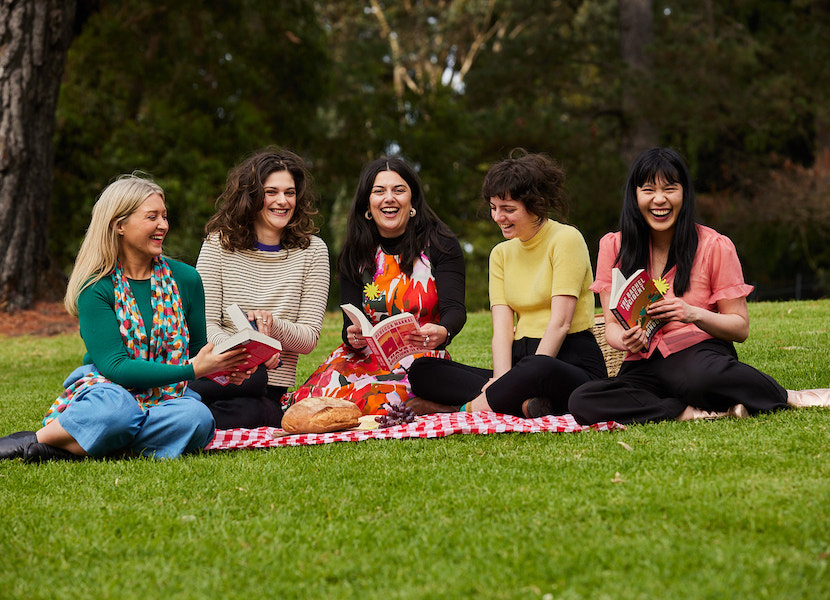
Take us back to when you were first starting out. Did you study to get into your chosen field, or did you start out with an internship/entry-level role and climb the ladder? Tell us the story.
A bit of both. I studied creative writing, publishing and editing at Melbourne University, knowing that I wanted to work with books and writers in some way. I also freelanced as a book critic and worked as an editor for literary journal, Kill Your Darlings. While I was studying, I undertook a fantastic internship with the Emerging Writers’ Festival, which involved planning and running an event at the festival.
That experience turned me onto events as a career path – I discovered that I thrive on the sense of community that comes with bringing people together and creating opportunities for audiences to engage with storytelling and big ideas. Early in my career, I worked at some incredible organisations, including the Stella Prize, which is a major literary award that celebrates Australian women and non-binary writers, and the Feminist Writers Festival, where I was a founding Board member and later managed the festival’s programming.
I joined the Wheeler Centre’s programming team in 2018, and over the past six years, I’ve been creating cultural events that inspire curiosity and connection through the transformative power of storytelling. I feel very lucky to work at such a unique and exciting organisation – there’s nothing else quite like it in Australia.
What challenges/hurdles have you faced getting to where you are now? Can you tell us about one in particular?
Working in events can be full-on, and taking care of yourself is so important. There are intense busy periods, like our upcoming Spring Fling series this October, where we’re presenting 24 events across 10 days. Sometimes I’ll work five events in one day, and remembering to eat properly, hydrate frequently and rest can be challenging.
I’ve learnt how essential it is to take care of my mind and body to prevent burnout. This means carving out designated rest (and play) times in the lead-up to and following busy periods, and ensuring I take time to check in on myself and my colleagues when we’re in the eye of the storm: Who needs to go for a walk around the block and get some fresh air? Who needs to leave early so they can spend a few hours with their kid before bedtime? Who needs a sugary snack (usually me)?
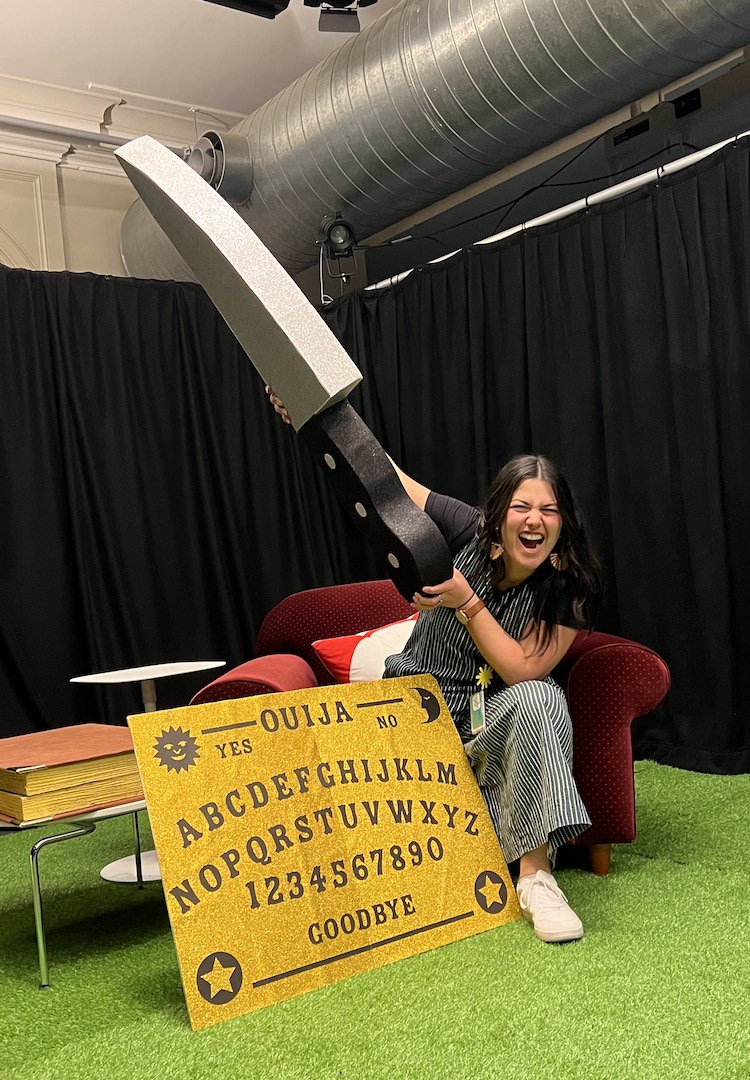
The most challenging period in my career was definitely across 2020 and 2021, when Melbourne’s lockdowns and restrictions heavily impacted live events. ‘Pivot’ became our mantra, as we continuously shifted our live programming to a mixture of live-streamed and pre-recorded digital events, postponed and then re-postponed events as snap lockdowns were called, and developed extensive risk management plans to ensure we were taking care of artists and audiences.
[This was all] while continuing to care for and support individuals and communities during a scary and stressful time. I’m so glad that particular period is in the past, but there are really valuable lessons I learned during that time, particularly about accessibility and digital experiences, that we’ve continued to build on.
What do you want people to know about your industry/your role?
There’s so much evidence to show that access to arts and culture is crucial for our mental wellbeing, and I wish this was more widely recognised and valued in our society. The arts is an incredibly rewarding industry to work in. I’m surrounded by passionate people – both my colleagues and the writers and speakers we work with – and am constantly challenged and learning new things.
But alongside that passion, there is an often insidious expectation that people will work ‘for the love of it’. There are ongoing issues with a lack of arts funding, and many arts organisations and individuals are in tough financial situations, particularly after the past few years. I’d love to see what sustained government funding or a Universal Basic Income could do for artists and the organisations that support them.
What’s the best part about your role?
Working with writers – and all the free books! I’ve had some absolute ‘pinch me’ moments – from staging events for thousands of people with iconic speakers like American feminist Roxane Gay and former Manus Island detainee Behrouz Boochani, to feeding lines of poetry to Paul Kelly on a video shoot, to smoking sneaky ciggies with Fran Lebowitz.
For our upcoming Spring Fling events, I’ve been lucky to program and work with some truly inspiring writers and artists – including Leigh Sales, Thomas Mayo, Pia Miranda, Rebecca Makkai, Uncle Kutcha Edwards and Trent Dalton. It’s also so rewarding to watch writers’ careers flourish and to be a tiny part of that journey.
The Wheeler Centre runs several fellowships and prize opportunities for emerging writers, like our Hot Desk Fellowships and Next Chapter program. Watching emerging writers who are just starting out progress from entering those fellowships to having their books published, winning major prizes and being onstage at major Wheeler Centre events, is so exciting.
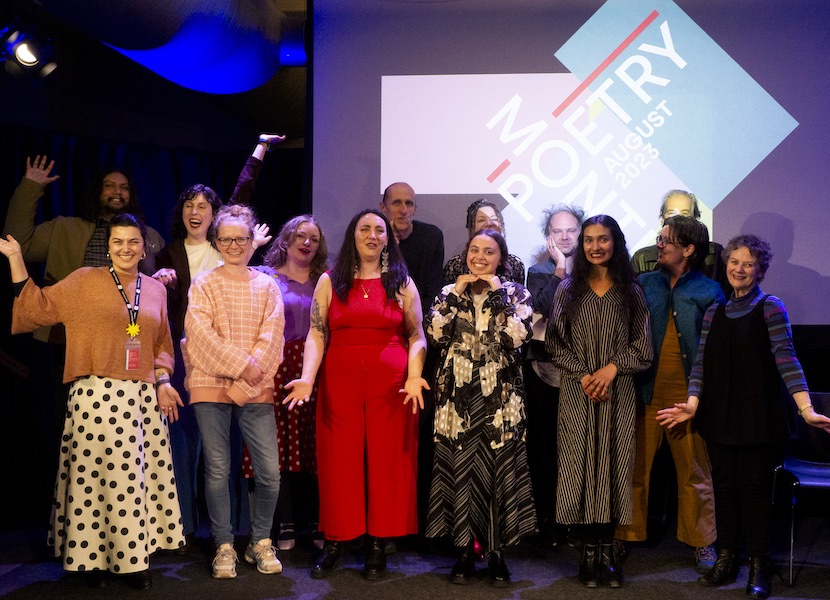
What would surprise people about your role?
Probably how much of it involves emotional care. A lot of writers and artists get nervous appearing onstage, even big names and experienced speakers, and so often before events I’m focused on how best to support them and make them feel comfortable – whether that means getting them a coffee or a wine, helping them practise their questions or distracting them by chatting about something silly.
What skills have served you well in your industry?
Being a social person is a massive asset for working in events. The ability to forge lasting, genuine relationships is essential for partnerships and collaborations, which are a core part of arts programming. And there’s a lot of greenroom small-talk required!
Communication is key, which makes sense in an industry filled with word people. I’m glad to have my background in writing and editing, as I’m constantly communicating with artists, publishers, partners and other stakeholders, who sometimes have competing priorities that need to be negotiated tactfully. It’s essential that those interactions are clear, positive and productive.
What advice would you give to someone who wants to be in a role like yours one day?
Find your people. Seek out opportunities to engage with the arts community – whether that’s attending book launches and gallery openings, or volunteering at writers’ festivals. People working in the arts are generally super friendly, but they can also be quite shy, so if you make an effort to open up conversations they’ll probably be very receptive.
What about a practical tip?
Support the sector you want to work in – if you want to work in books and writing, read widely (especially Australian writers) and subscribe to local literary journals. We have so many mind-blowing creatives in this country.
Read the rest of the How I Got Here series here.
Looking to step up to a career in fashion? Each week we send a wrap of industry jobs straight to your inbox. Enter your details below and we’ll keep you in the loop, or browse current openings here.

